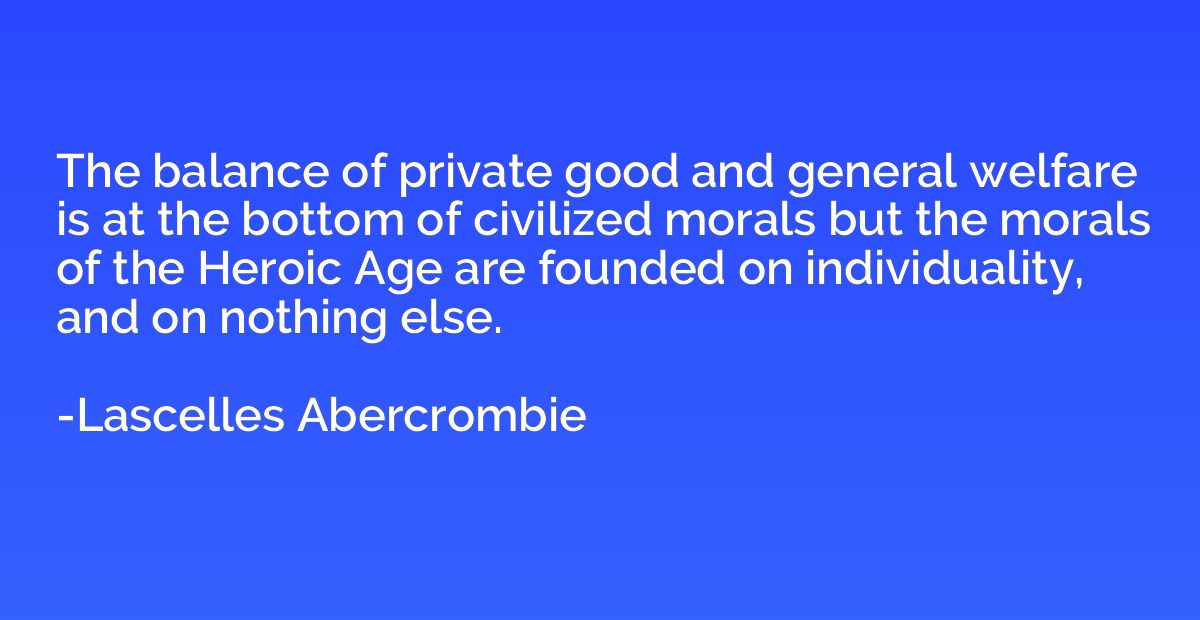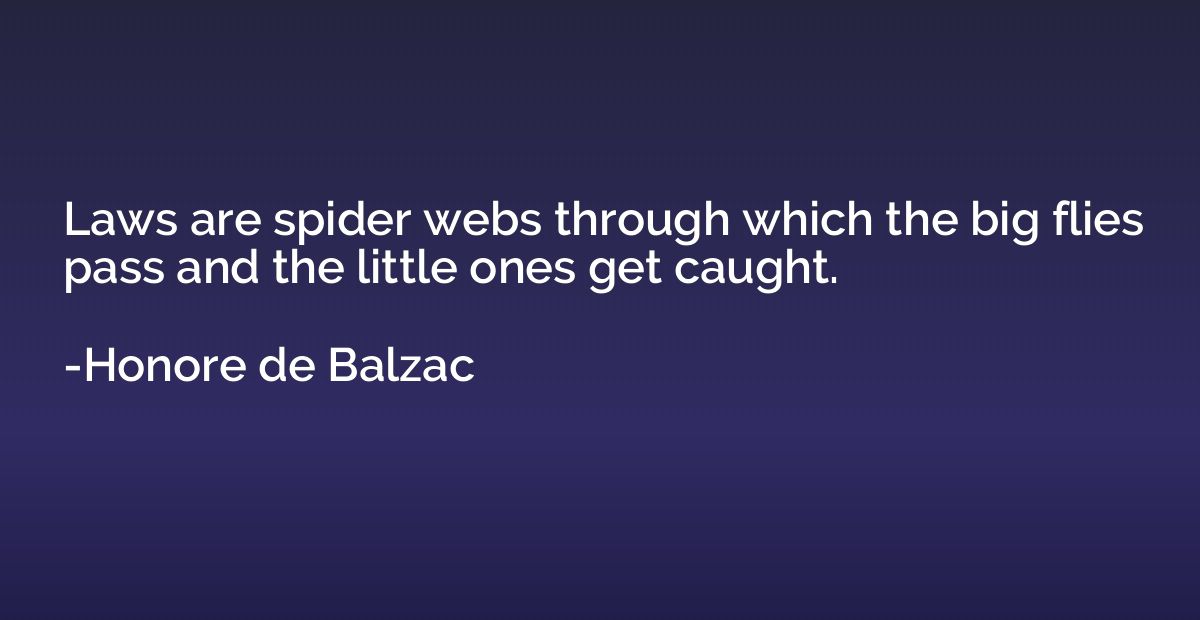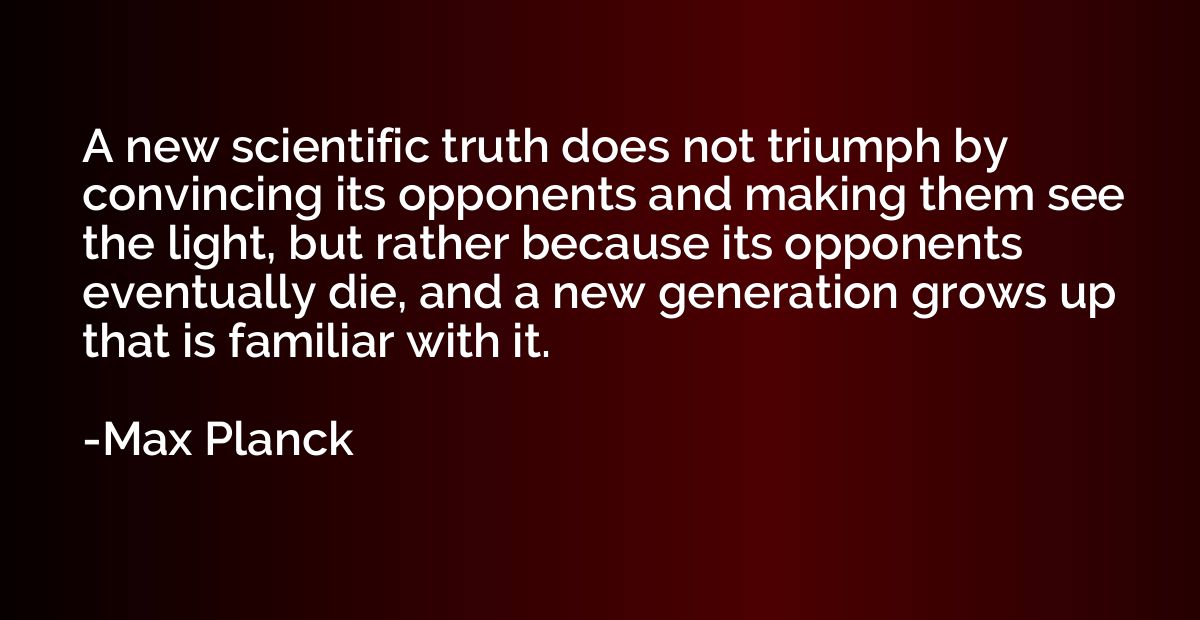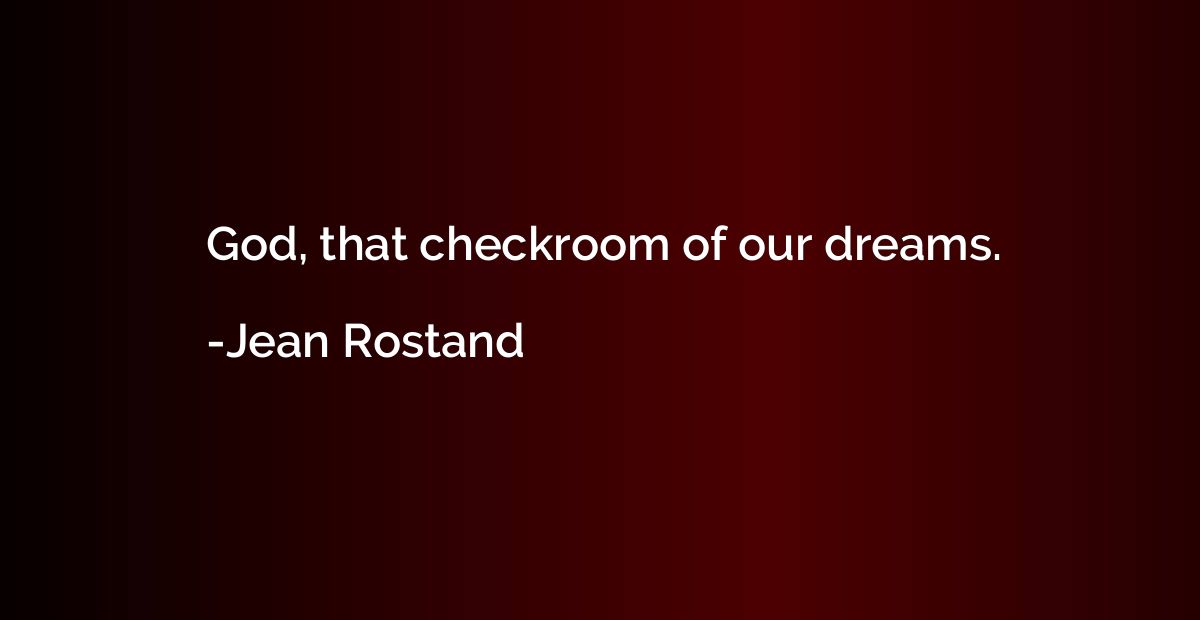Quote by Bertrand Russell
As a philosopher, if I were speaking to a purely philosophic audience I should say that I ought to describe myself as an Agnostic, because I do not think that there is a conclusive argument by which one can prove that there is not a God. On the other hand, if I am to convey the right impression to the ordinary man in the street I think that I ought to say that I am an Atheist, because, when I say that I cannot prove that there is not a God, I ought to add equally that I cannot prove that there are not the Homeric gods.
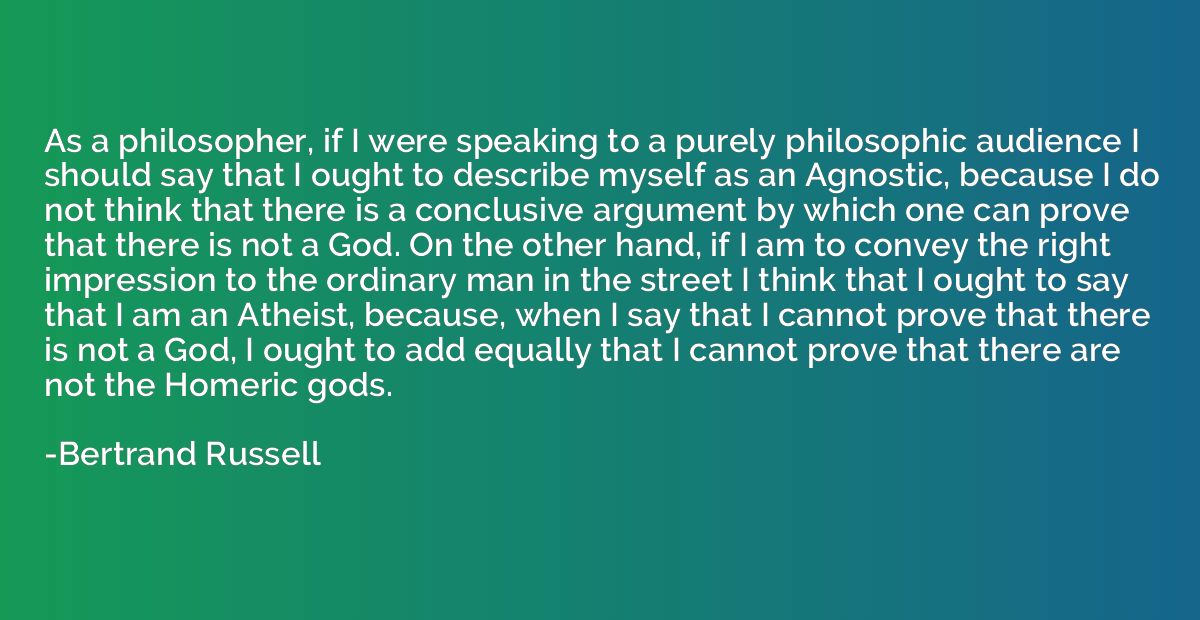
Summary
This quote by Bertrand Russell highlights the distinction he sees between the terms "Agnostic" and "Atheist," and how he tailors his self-identification accordingly. In a philosophical context, Russell considers himself an Agnostic as he acknowledges the lack of conclusive evidence either proving or disproving the existence of God. But when communicating with the general public, Russell leans towards calling himself an Atheist since he cannot prove the non-existence of God or any other deity, including the gods of ancient mythology. This quote showcases Russell's willingness to adapt his self-description based on the audience and the desired impression he wishes to convey.





